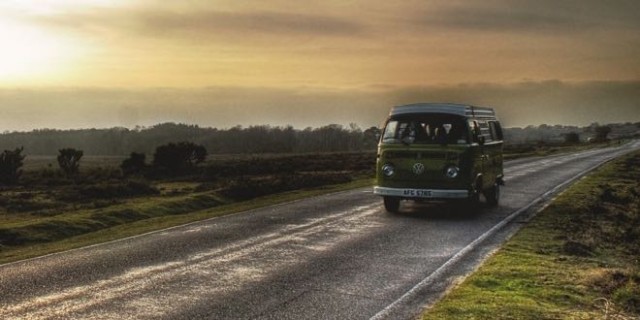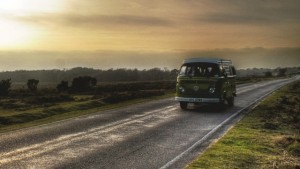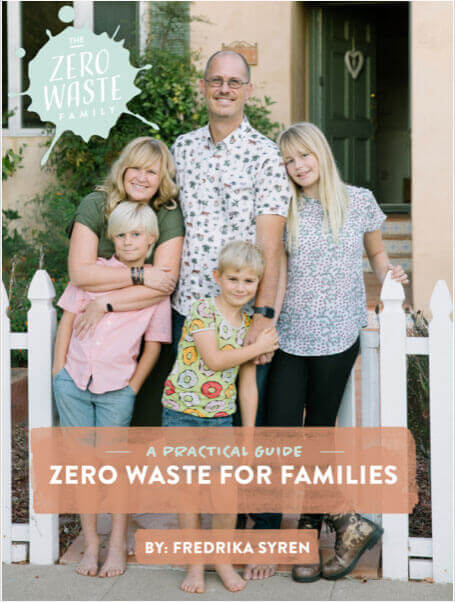By Kim Robson:
Summer’s almost over, and a lot of us are going to be planning holiday visits with family. Many will choose to avoid airlines and drive to their destinations. Just because the cost of gasoline is low right now, that’s no reason to waste and pollute unnecessarily. But there are tricks you can use to help make your road trip as eco-friendly as possible:
- Turn off your car when you aren’t driving. Cars use about half a gallon of fuel per hour when just idling. That comes out to three cents* wasted every minute you idle, not to mention pumping exhaust fumes into the air. If you’re going to be stopped for more than a minute — for instance at a train crossing or for construction delay — it’s more fuel efficient to turn off your engine while waiting.
- Get that unneeded junk out of your trunk. Your fuel costs increase by about three cents per gallon* for every additional 100 pounds of weight in your car. Try to pack lightly and keep your luggage inside the car or trunk. If you have to attach a luggage rack to your roof, your fuel economy can decrease by up to 25% at freeway speeds due to drag. If you have to use the roof rack, invest in an aerodynamic holder like these sleek cargo pods.
- Get your car checked by your mechanic so it’s in top shape before you leave. Problems with spark plugs, uneven brakes, loose belts, or transmission or exhaust issues can reduce your fuel economy dramatically. Make sure your tires are properly inflated. Staying on top of preventable maintenance can increase your gas mileage by up to 40%.
- Drive calmly and avoid aggressive behaviors such as speeding, rapid acceleration and hard braking. Aggressive driving can reduce your fuel economy by up to 33% on the highway and up to 50% in the city.
- Slow down. Above 55 mph, gas mileage decreases rapidly:
- 3% less efficient at 60 mph
- 8% less efficient at 65 mph
- 17% less efficient at 70 mph
- 23% less efficient at 75 mph
- 28% less efficient at 80 mph
- Combine errands and plan the shortest route between stops. MapQuest has a route planner to help figure it all out most efficiently, and you can enter multiple stops. Taking several short trips, each one from a cold start, can use twice as much fuel as one trip covering the same distance when the engine is warm.
- Think about the type of vehicle you drive, and choose according to your specific needs. Do you really need that enormous land yacht? If you live in the city, a compact or a hybrid vehicle is probably the smartest choice because they get excellent fuel mileage and are easier to maneuver and park in small city streets. Compact cars are also the best choice for those long car trips. (My Toyota Yaris consistently gets 42 miles to the gallon.)
In 2014, Americans drove over 3 trillion miles — enough to circle the moon more than 6 million times. There’s a lot of wasted fuel in all those miles, I’ll bet. Learn more fuel saving tips and other ways to save commuting money on FuelEconomy.gov. When you are armed with knowledge, you can sit back, relax and enjoy the open road!
*All cost estimates based on an average price of $2.69 per gallon. (Source: fueleconomy.gov)











